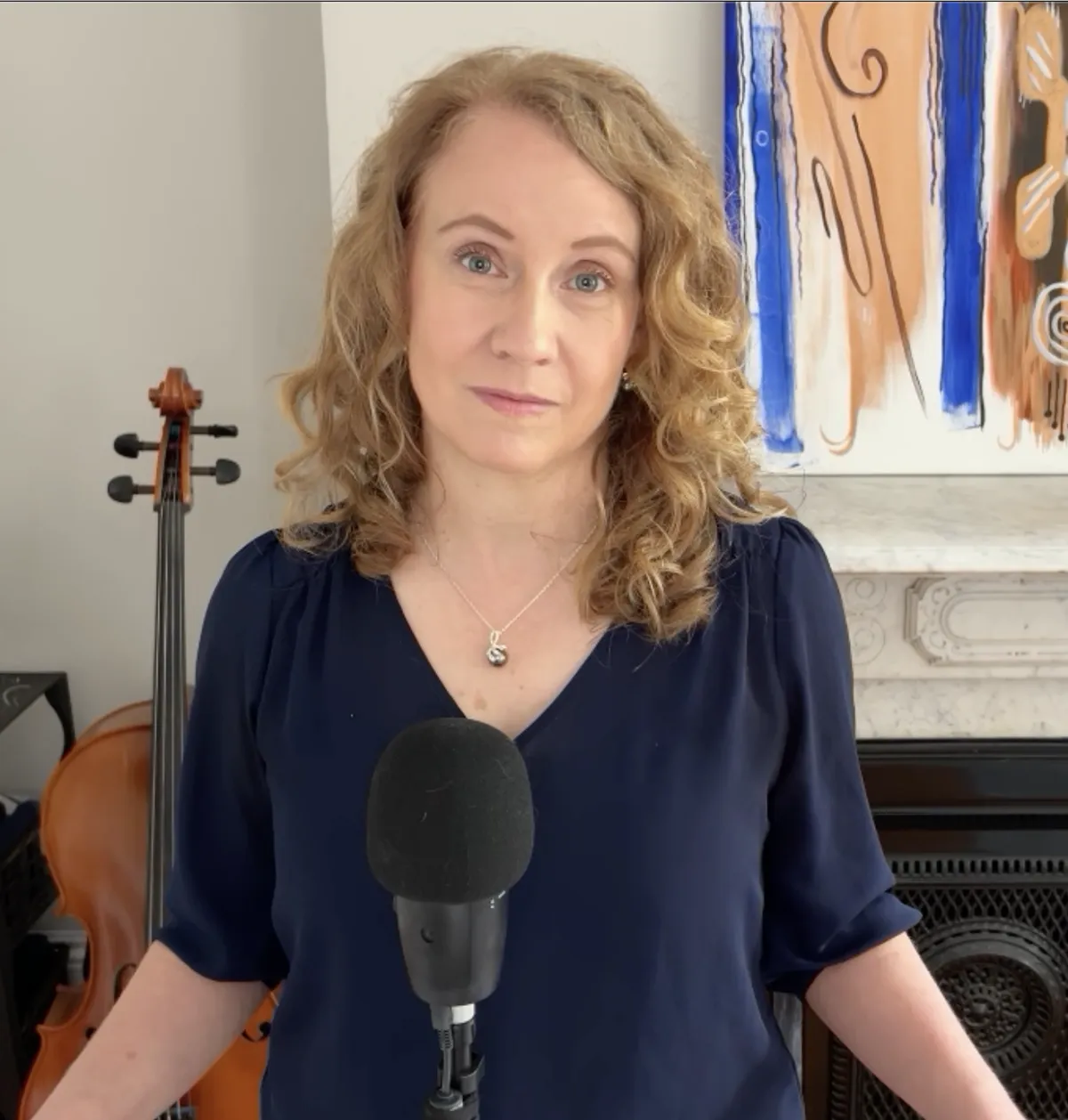
Neurodiverse
Court
Expert Witness Services
Guiding Fair Legal Outcomes
Neurodiverse conflict can become intense. Most often, judges have no idea how neurodiversity is affecting the legal process.

REAL Neurodiverse Expert Witness Services
About Anne MacMillan
I am the creator of the R.E.A.L. Neurodiverse™ Family Systems Approach — the first comprehensive, educational 10-step model designed to help autistics, non-autistics, and professionals understand the neurological foundations of relational conflict and connection. My work integrates developmental psychology, systems theory, and over five decades of lived experience inside profoundly neurodiverse family systems.
I originally developed the Neurodiverse Family Systems Theory based on my education, personal history, and the insights I gained in the private neurodiverse services practice I founded in 2017. Since then, the work has evolved into a clear, scalable framework that professionals can use to guide their clients through complex neurodiverse dynamics with structure, clarity, and compassion.
Today, I support professionals across disciplines — therapists, psychologists, coaches, social workers, clergy, and educators — who are discovering that neurodiversity is often the missing piece in the adult relationship challenges they see. Through the Neurodiverse Family Systems Educator Credential (NFS‑E), providers gain access to the full R.E.A.L. 10-Step system, including original quantitative assessments, dyadic tools, and evidence-informed support resources they can immediately apply with clients.
I hold a research-based master’s degree in psychology from Harvard University, where I received the Director’s Thesis Award for one of the world’s first quantitative studies on Level 1 autism in intimate life partnerships. My graduate and undergraduate studies focused on developmental psychology — work that continues to inform every aspect of the R.E.A.L. approach.
In total, I bring more than 50 years of lived experience in neurodiverse family systems (including my childhood in a profoundly neurodiverse family), over 20 years of experience in a neurodiverse intimate partnership, and nearly a decade of professional practice supporting individuals, couples, and families navigating the complexities of neurodiversity.
I self-identify as a high body empathetic and attention neurodivergent (ADHD). I’ve never pursued a formal ADHD diagnosis, as I trust self-identification over professional labeling. I am not autistic, but I have spent my life deeply connected to autism, attention-based neurodivergence, and high-body-empathy neurology — both personally and professionally. My work is dedicated to helping others gain the clarity, skills, and relational wellbeing they deserve.

Anne MacMillan, MLA
Founder of the R.E.A.L. 10-Step Neurodiverse Family Systems Approach, Speaker, Researcher, Consultant, Coach, Educator and Expert Witness
About Anne's Practice
Neurodiverse Court Expert Witness
Many neurodiverse divorces are high-conflict divorces. When necessary, I offer expert witness statements to help legal professionals comprehend the conflict they are witnessing in neurodiverse divorce.
To put it bluntly, neurodiverse divorces become high-conflict divorces because unethical attorneys make money through manipulating autistic partners into legal aggressions that aren't to the benefit of anyone except the attorneys themselves. The attorneys make money in legal fees by taking advantage of the autistic partners' difficulties understanding how their own legal actions will affect their neurotypical partners' legal reactions. Unethical attorneys will exploit autistic people's diminished capacity to comprehend how their own actions may have affected the dissolution of the marriage by validating autistic partners' sense of victimhood and then using that sense of victimhood to convince some autistic partners to use the legal system to viciously attack their ex-spouses.
Unethical attorneys can make a lot of money by taking advantage of autism.
Autistic partners managing divorce need support and guidance from someone who really has their best interests in mind. Yet instead of having access to people who more fully comprehend their autism and will help them get their real needs met, autistic spouses are targeted by attorneys who only pretend to care for their autistic clients' interests. Without the easy capacity to discern that the attorneys aren't really on their side, the autistic spouses will follow bad legal advice that, in the worst cases, drains the families of money and eventually even destroys the autistic partners' relationships with their children.
Sadly, common court processes do little to resolve the financial bleed or prevent the harm many neurodiverse families suffer during divorce. Mediation, for example, is intended to help two partners collaborate towards win-win solutions that will benefit the family as a whole. But mediation often breaks down in neurodiverse divorce due, in part, to the common history of trauma in neurodiverse communication and also due, in part, to all the difficulties associated with fostering collaboration when one person is on the spectrum.
I help my clients save A LOT of money in legal fees.
And once a neurodiverse mediation has broken down, families feel they have little choice but to wait for a court date and depend on a judge's whims. And family court judges, comprehending little to nothing about autism or neurodiverse communication, tend to be confused about the severity of the conflict they witness in their courtrooms. Since they lack access to accurate information that would make it possible for them to make decisions that would be helpful to the family as a whole, their decisions tend to do little to help neurodiverse families recover from the challenges of neurodiverse divorce after court dates.
All of these difficulties leave neurodiverse families without access to the kinds of solutions that are available to non-neurodiverse ex-spouse who have neurologies that make them together capable of finding collaborative solutions during divorce.
Relationships are destroyed -- and the legal system fosters that destruction.
I support either the autistic partner or the neurotypical partner in managing this excessively distressing situation, doing everything I can to use my knowledge of how neurodiverse divorce often progresses to try to reduce conflict and get my clients a less expensive and more amicable outcome that will hopefully not estrange the autistic partner from their children.
When necessary, I offer expert witness statements to help families achieve these goals through helping court professionals comprehend the neurodiverse conflict they are witnessing.
© 2026 R.E.A.L. Neurodiverse™
All Rights Reserved
anne@REALneurodiverse.com
Text: (617) 489-2913 (United States)